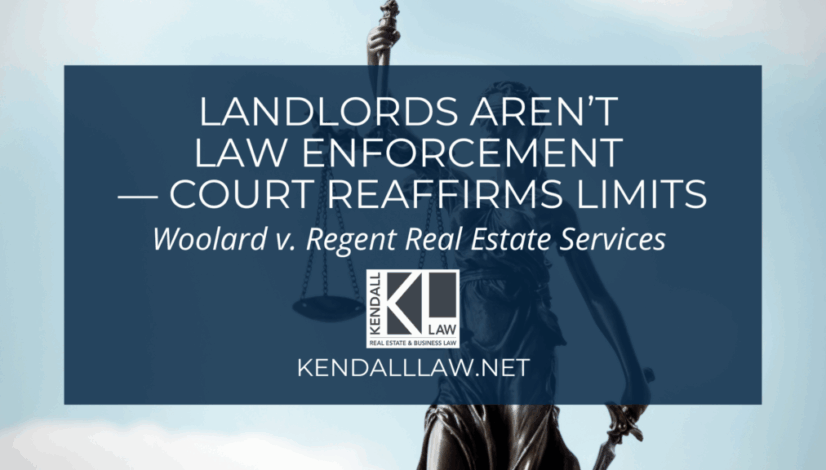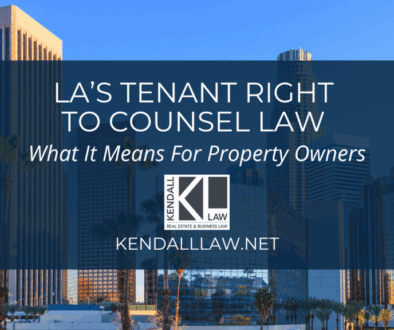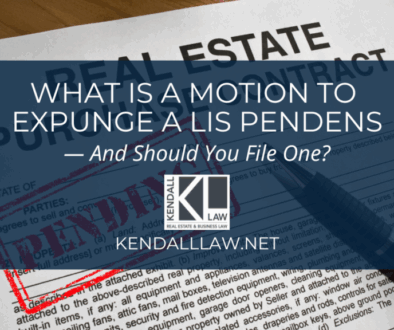Landlords Aren’t Law Enforcement – Court Reaffirms Limits
(Written by Jonathan Kim in collaboration with Eileen Kendall)
Background
Every now and then the Court actually affirms something that should be understood as common sense. In 2019, a dispute arose between tenants. The dispute escalated, turned to violence, and when the dust settled, one of the tenants involved decided to sue the property management company as well as the homeowner’s association for negligence.
The Ruling
Fast forward nearly SIX YEARS of litigation in both the Superior and Appellate courts, in the case of Woolard v. Regent Real Estate Services, it was ruled that neither the property management company nor the homeowner’s association had a duty to prevent a violent dispute. In other words, the courts have clarified that property management companies and homeowners associations are not legally responsible for preventing spontaneous acts of violence between tenants — a ruling that provides much-needed reassurance to housing providers about the limits of their duty of care.
Plaintiffs’ Theory Rejected
The crux of the tenants’ arguments hinged on this pre-supposed duty that the property management company and the homeowners association had where they should have intervened in this neighbor dispute before it had gotten violent. Amusingly, the tenants even went as far as claiming that the property management company took part in contributing to the issue rather than stopping it. Despite the speculative nature of these accusations, the case dragged on through the Superior Court and into the appellate process. Ultimately, the Superior Court granted summary judgment in favor of the defendants, a ruling the Appellate Court later affirmed. The result? A long-overdue exit from litigation purgatory.
Why It Matters
This ruling not only reasserts the limits of a landlord’s or manager’s legal obligations, but it also underscores the courts’ unwillingness to impose an undefined and unbounded duty of intervention on housing providers. If landlords and HOAs were expected to monitor and preempt EVERY interpersonal disagreement between residents — regardless of foreseeability or control — it would effectively transform them into quasi-law enforcement or social mediators, roles neither recognized by statute nor supported by precedent. The Appellate Court summed it best:
The Court’s Reasoning
Imposing a duty on homeowners associations or their managing agents to intervene and attempt to resolve disputes between homeowners (or their tenants) would place an untenable burden on these entities. Run by volunteers, they already have enough (and some would argue too much) authority and responsibility. Associations do not have police powers or subpoena power. They cannot compel owners, much less tenants of owners, to sit down and work out their differences, and they cannot adjudicate differences except in the limited context of violations of the association’s governing documents.
Important Caveats
While this ruling is undeniably a favorable development for property management companies and homeowners associations, it operates within a narrowly tailored legal context. Specifically, the decision addresses the absence of a general duty to intervene in spontaneous disputes between tenants — not a blanket immunity from all potential liability. Housing providers must still exercise vigilance and remain compliant with federal anti-discrimination laws. For example, under Title 24 of the Code of Federal Regulations, Section 100.7, housing associations and landlords are obligated to take prompt, effective action to stop harassment or discriminatory conduct by one tenant against another when the offending conduct involves protected classes. In such instances, inaction could expose housing providers to liability under the Fair Housing Act. Accordingly, while the court’s decision offers reassurance regarding tenant-on-tenant violence that could not have been foreseen or controlled, it does not absolve landlords or HOAs of their broader civil rights responsibilities.
Conclusion
This decision is a clear signal to landlords, property managers, and HOAs: common sense still has a place in the law, and courts are capable of recognizing when a tenant’s claims stretch too far beyond reason.
When in doubt, don’t try to navigate complex landlord-tenant disputes on your own, contact Kendall Law for trusted legal support. Schedule a consultation with Kendall Law or call 310-619-4941 today.
Please note that the information provided at this website is intended for general educational and informational purposes only, and should not be construed as legal advice or a substitute for legal advice from a qualified attorney in your jurisdiction.
Author: Eileen Kendall

Author: Jonathan Kim, Paralegal





